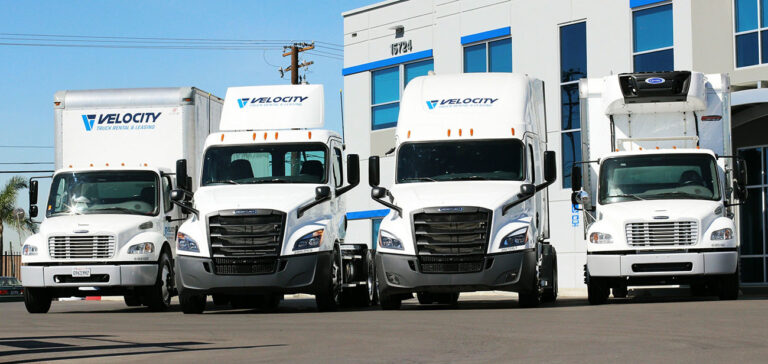In Nigeria, true wealth often hides in unexpected corners. While many young people are chasing tech startups, influencing, or trending side hustles, a different breed of entrepreneurs is quietly making millions through simple, everyday services.
These ventures rarely have Instagram pages or neon signboards — yet they thrive because they meet basic needs that never go away. No fancy marketing, just steady demand and smart consistency.
1. Ladder and Scaffolding Rentals
Every construction site needs access tools — ladders, scaffolds, and safety platforms — but few workers actually own them. Renting these out can turn into a daily cash machine. Each rental can fetch ₦5,000–₦25,000, depending on the size and height. With several ladders in rotation, you can make six figures monthly without breaking a sweat. Reliable partnerships with builders and site engineers keep the money flowing in.
2. Home and Office Cleaning
The cleaning industry in Nigeria has quietly become a goldmine. People are too busy to scrub floors or wash curtains. Charging ₦10,000–₦15,000 per job quickly adds up, and a small team can handle multiple clients weekly. Many cleaners now secure corporate contracts or work with real estate agents for post-construction cleanup — simple work, steady income.
3. Recycling and Waste Collection
Trash is turning into treasure across Lagos, Port Harcourt, and Abuja. Smart entrepreneurs are collecting plastic bottles, cans, and metal scraps, reselling them to recycling firms that export them abroad. Some even convert organic waste into compost for farms. Starting small with neighborhood pickups can grow into a large, eco-friendly business that earns millions monthly.
4. Laundry Services
Washing clothes may sound dull, but it’s one of the most reliable ways to earn repeat income. With many Nigerians working long hours, laundry and dry-cleaning services are constantly in demand. A single client might pay ₦10,000 weekly for pickup and delivery services. Multiply that by 20 customers, and you’re looking at a strong, sustainable income stream.
5. Food Delivery and Meal Prep
Food is recession-proof. Whether it’s construction workers, students, or office staff, everyone eats daily. Home-style meals like jollof rice, beans, or swallow can be delivered straight to customers for consistent profits. Many vendors take orders via WhatsApp and make up to ₦300,000 weekly, simply by cooking from home and delivering with a bike.
6. Transport and Logistics Leasing
Movement equals money. From delivery bikes to Uber cars and mini-trucks, the transport sector never sleeps. Even if you can’t drive, you can lease your vehicle to drivers and collect a fixed amount every week. Delivery bikes alone can bring ₦30,000–₦50,000 weekly, and logistics services are booming with e-commerce growth.
7. Agribusiness and Food Processing
Instead of just farming, some Nigerians are cashing out big from turning raw produce into finished goods. Think garri, palm oil, smoked catfish, or frozen chicken — all packaged neatly for stores and restaurants. Food never goes out of fashion, and processed goods sell faster and fetch higher profits.
8. Real Estate Rentals and Student Hostels
Converting a regular apartment into a shortlet or student hostel is one of Nigeria’s most underrated moneymakers. A well-furnished shortlet can bring ₦300,000 weekly in Lagos. Meanwhile, hostels near universities rarely stay empty, providing reliable yearly rent. It’s not glamorous, but it’s one of the easiest ways to create passive income.
9. Distribution of Everyday Products
Soap, toothpaste, pads, and tissue paper might seem boring — until you realize how much distributors earn. Wholesalers buy in bulk from manufacturers, sell to retailers, and make profits through rebates and discounts. It takes capital, but it’s one of the most secure businesses around. With consistent supply and loyal customers, profits can reach millions monthly.
10. Truck Leasing and Haulage
From weddings to warehouse moves, trucks are always in demand. Owning just one can turn you into a silent millionaire. Event planners, contractors, and logistics firms rent trucks weekly for ₦50,000 or more. Some owners don’t even drive — they simply hire a driver and collect weekly payments.
Final Thought
None of these ventures are flashy or viral. They don’t require huge followings or trending hashtags. But they thrive because they solve problems people face every single day. If you’re tired of chasing hype, maybe it’s time to start your own “boring” business — and quietly join the league of silent millionaires.

